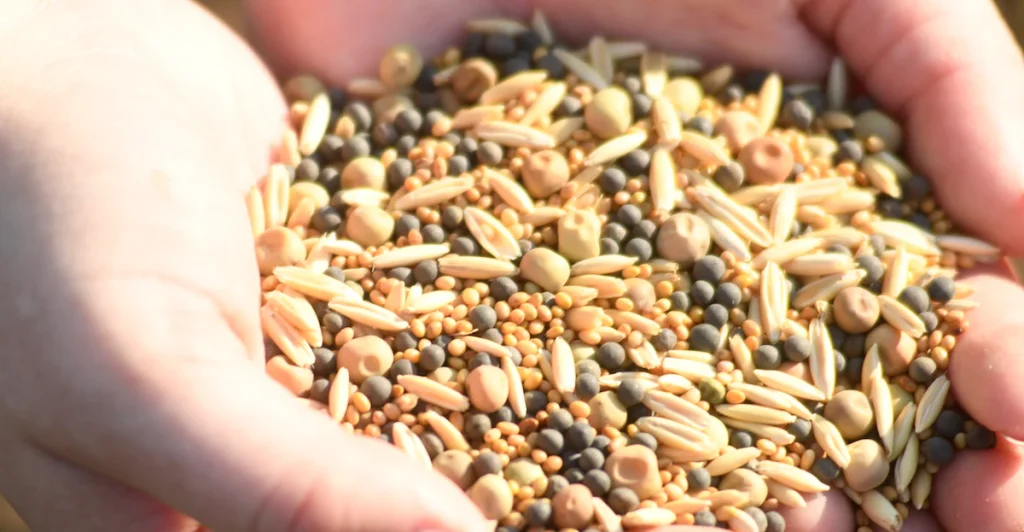
Connecting with habits that have lasted across time brings great gratification in a period of mass-produced items and fads. Fundamentally, gardening is one such custom; its rich legacy depends on the usage of heritage seeds. These are live legacies containing the genetic memory of plants grown by our forebears, not simply heirloom seeds. Every package offers a physical link to prior harvests, tastes, and horticultural knowledge, therefore reflecting a trip through generations. Growing plants is a celebration of diversity, a protest of homogeneity, and a very fulfilling experience that lets current gardeners enter a legacy of growers.
Revealing the Richness of Diversity
The great variety of heirloom varieties present is among the most convincing arguments for embracing them. Heirloom varieties have an amazing range of forms, colors, sizes, and flavors, unlike current hybrid seeds, which are generally grown for uniformity, disease resistance, or certain commercial features. Imagine beans twisted into complex designs or tomatoes in tones of purple, striped, or highly ribbed. Beyond appearance, this genetic diversity provides a greater range of nutritional characteristics and distinctive cooking opportunities.
Taste & Flavor Above All
Many times, gardeners’ main inspiration comes from the better taste of heritage vegetables. Often at the expense of taste, modern commercial varieties are developed for features that give shelf life, uniform ripening, and shipping ease top priority. But heirloom cultivars have been passed down for their unique taste sensations, grown by generations that gave taste top priority. Growing heirloom seeds links us to a time when food was celebrated for its natural goodness and offers a direct road to these amazing sensations.

Saving Seeds: Continually Running the Cycle
One very special feature of producing heritage types is the chance to save your own seeds. Heirloom plants “breed true,” meaning their seeds will generate plants with the same traits as the parent, unlike hybrid seeds, which often generate offspring that are either sterile or unlike the parent plant. This enables gardeners to participate actively in the cycle of preservation, therefore guaranteeing the continuity of these priceless genetic lines.
Strength and Flexibility to Fit Local Conditions
Often surprising degrees of hardiness and adaptation abound in heirloom types. Having grown for many generations in particular areas, they have naturally adapted to local climates, soil types, and insect pressures. This makes them fundamentally stronger than many commercial hybrids, which may call for more concentrated inputs.
Choosing heirloom seeds is a dedication to conserving biodiversity, tasting real flavors, and interacting with a rich horticultural legacy rather than only a gardening decision. It lets us experience the delight of growing plants with tales, resilience, and unmatched taste outside the boundaries of contemporary agriculture. Choosing to cultivate these living legacies not only enhances our own tables but also helps to preserve these priceless customs for the next generations by means of critical efforts.






